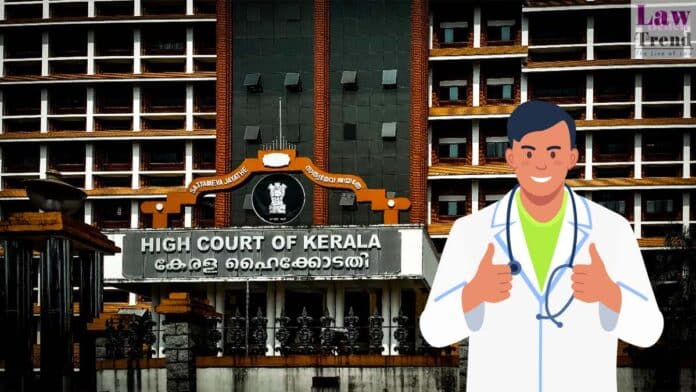In a landmark judgment reinforcing the “Right to Life” under Article 21, the High Court of Kerala has strictly mandated that no clinical establishment in the State shall deny initial life-saving aid to emergency patients on the ground of non-payment or lack of documentation. While upholding the constitutional validity of the Kerala Clinical Establishments (Registration
To Read More Please Subscribe to VIP Membership for Unlimited Access to All the Articles, Download Available Copies of Judgments/Order, Acess to Central/State Bare Acts, Advertisement Free Content, Access to More than 4000 Legal Drafts( Readymade Editable Formats of Suits, Petitions, Writs, Legal Notices, Divorce Petitions, 138 Notices, Bail Applications etc.) in Hindi and English.




